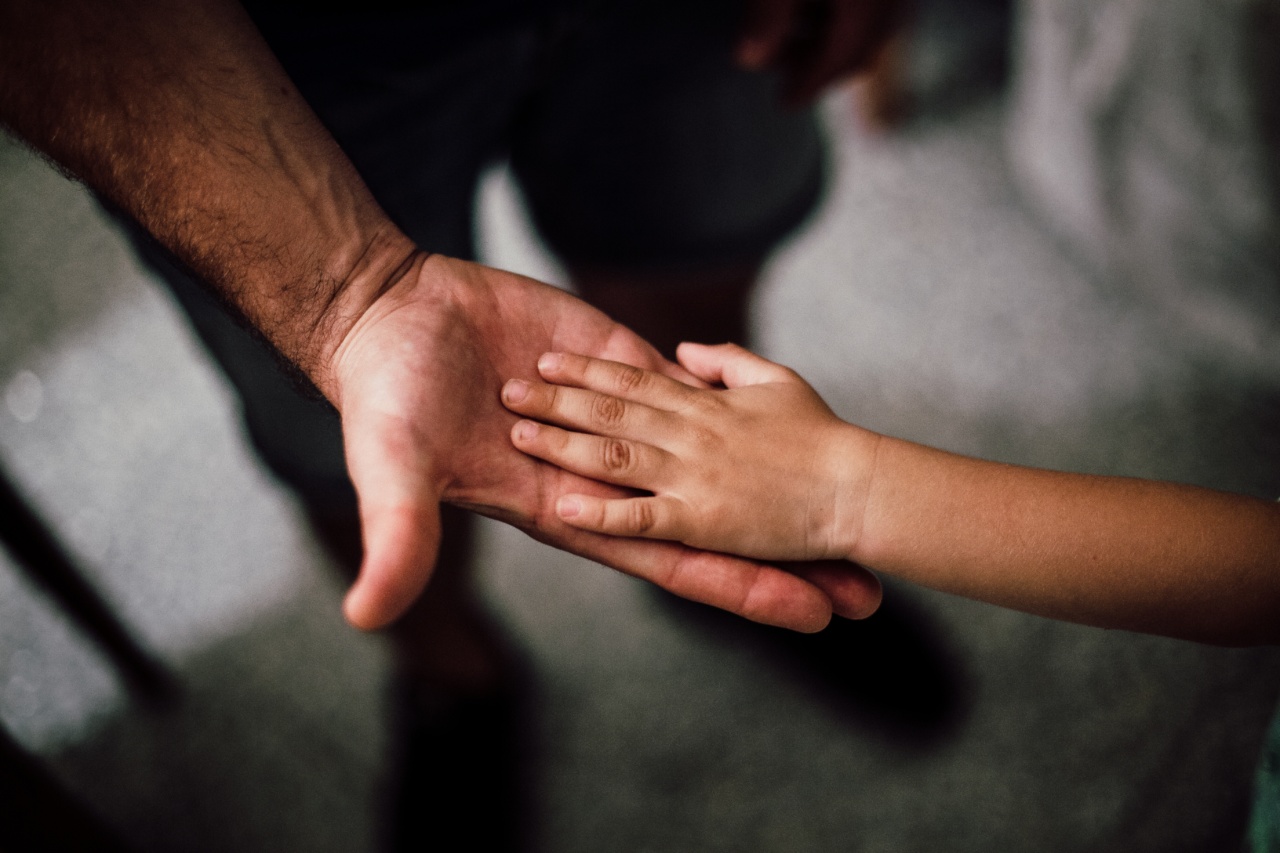Psoriasis is a chronic autoimmune disease that affects the skin. It causes cells to build up rapidly on the surface of the skin, resulting in thick, red patches with silvery scales.
This condition can be itchy and uncomfortable, and it often affects children in addition to adults. Psoriasis is not contagious, and it is estimated that around 8 million children worldwide are affected by this condition.
World Psoriasis Day: Raising Awareness
Each year on October 29th, World Psoriasis Day is observed to raise awareness about psoriasis and support those affected by this condition.
This global event aims to improve understanding, dispel myths, and shed light on the challenges faced by individuals with psoriasis, including children.
The Impact of Psoriasis on Children
Psoriasis can significantly impact the lives of children, both physically and emotionally. The visible symptoms can lead to self-consciousness, low self-esteem, and even depression.
Children may encounter difficulties at school due to stigma and bullying, which can further affect their social and emotional well-being.
Supporting Children with Psoriasis
Providing support and guidance for children with psoriasis is crucial to help them navigate the challenges they face. Here are several ways to support children with psoriasis:.
1. Education and Awareness
By educating children, their families, and their communities about psoriasis, we can help reduce the stigma associated with this condition.
Teaching others about the nature of psoriasis and its non-contagious nature can lead to increased acceptance and support.
2. Emotional Support
Children with psoriasis may experience a range of emotions, including frustration, embarrassment, and sadness.
Providing a safe space for them to express their feelings and offering emotional support can make a significant difference in their well-being. Encouraging open conversations and seeking professional counseling if necessary can be beneficial.
3. Building Self-Esteem
Strengthening a child’s self-esteem is essential in helping them cope with psoriasis. Encouraging their participation in activities they enjoy, focusing on their strengths, and promoting positive body image can boost their self-confidence.
Reminding them that their worth is not defined by their skin condition is crucial.
4. Healthy Lifestyle
A healthy lifestyle can contribute to managing psoriasis symptoms. Encouraging children to maintain a balanced diet, engage in regular physical activity, and get enough sleep can support their overall well-being and potentially alleviate symptoms.
5. Empowering Self-Care
Teaching children how to care for their skin and manage flare-ups empowers them to take control of their condition. This includes proper skincare routines, avoiding triggers, and using prescribed treatments as directed.
Allowing children to actively participate in their own care can increase their sense of control.
6. Seek Medical Support
Consulting with healthcare professionals who specialize in psoriasis treatment is crucial for effectively managing the condition.
Dermatologists can provide expert guidance on appropriate treatments, medication, and skincare routines tailored to each child’s specific needs.
7. Support Groups
Engaging with support groups and organizations focused on psoriasis can connect children with others who share similar experiences.
These groups offer a platform for sharing stories, advice, and emotional support, helping children realize that they are not alone in their journey.
8. Addressing Bullying
Bullying is unfortunately common for children with psoriasis. It is crucial to address bullying promptly and effectively.
By working closely with schools, teachers, and parents, we can ensure that children with psoriasis are protected, supported, and treated with respect.
9. Promoting Psoriasis Awareness in Schools
Adding psoriasis education to school curricula can cultivate empathy and understanding among students. Creating an inclusive environment where differences are celebrated fosters acceptance and reduces the likelihood of bullying.
10. Advocacy and Research
Supporting psoriasis advocacy groups and research organizations can contribute to the development of new treatments and therapies.
By advocating for increased funding and research, we can strive for a better understanding of psoriasis and better support for those living with the condition.































